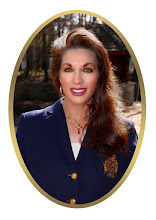
AUGUST 2019
Included in this blog post is a
link to my Real Estate Update Newsletter. Please click on the link below to get
the latest Real Estate Update for August! If you have any questions, please
don’t hesitate to call or email my office.
614-882-6725
delena@delena.com




